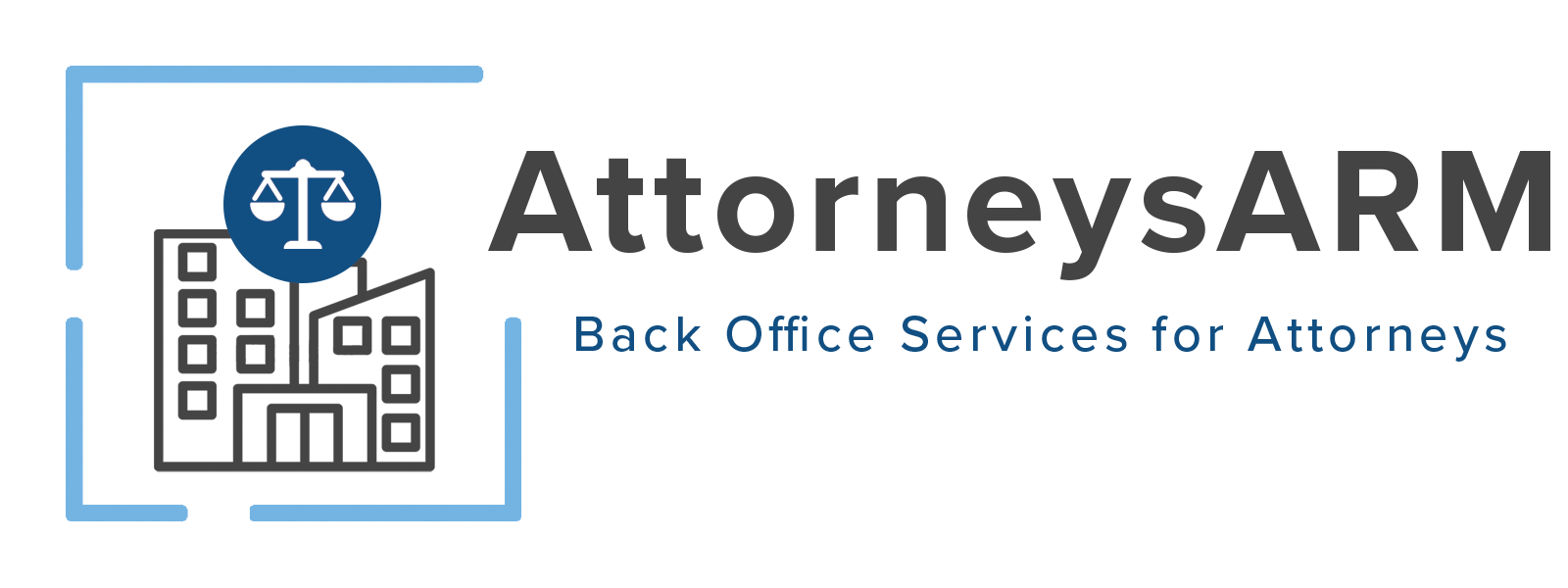Consumer Protection Bureau Reveals Updated Proposed Rules About Debt Collection
If you use third party collections to collect on past due accounts for your business, your entire process is likely to change. This is because the Consumer Protection Bureau recently revealed their proposed updated rules about debt collection.
Why the Change?
If you’re thinking that debt collection is a difficult process as it now stands, you’re probably also wondering why the rules are being changed. Like all rules and laws in place, there simply becomes a time to review them and update them as necessary. Although Prohibition is an extreme example, it’s also an obvious example of this principle. Prohibition was repealed because it simply didn’t work. Other changes in law can be observed.
Debt collection rules haven’t been changed in approximately 40 years. That’s a really long time when we think about the different methods of communication have developed. The Fair Debt Collection Practices Act was enacted in 1977.
The changes that are proposed are to protect consumers. According to the Consumer Protection Bureau, more than 60% of the complaints filed with their organization in 2015 were related to debts that didn’t belong to the person who filed the complaint. These instances occur because when debt buyers purchase the debt, they don’t always take the time to validate it.
Because the rules related to debt collection are likely to change, it’s important that you understand the two main components related the proposed updates. They can and will likely affect how you handle your past due accounts.
Collectors Must Ensure They Have the Right Information
The first proposed update has a lot of common sense as its backbone. Third party collectors who purchase debt must make sure that they have the right information to collect on it. They must have more than just the name of the debtor, the amount owed, and a phone number. If this change is passed, they would also need to have a confirmed account number associated with the past due account, the date that the account went into default, and the amount and date of any payment applied to the account after it went into default.
Unfortunately, many third party debt collectors do not have this information. Either they do not receive it when they purchase the debt or they simply don’t check to make sure that they are provided with it. If you’re looking to hire a third party debt collector, please do your research and know that the third party collector you choose to partner with has a good reputation and is also licensed to operate in your area.
If a debt is disputed, that information must be included when it is sold. This is important because if there is an active dispute on an account, it cannot be collected upon until the dispute is resolved. When third party collectors don’t get the information that they need, laws can be unintentionally violated.
Inadequate Information Stops the Collections Process
The second proposed update is directly related to the first. If the third party collector has inadequate information, the debt collection process cannot move forward. It also means that if the consumer files a dispute in reference to the debt that the collections process must halt if the third party debt collector doesn’t have the required information and documentation to legitimately identify that a legal claim exists for the past due amount against said consumer.
Third party collectors who purchase debt would also be required to review all incoming accounts that they purchase to determine whether or not there is sufficient reason to believe that the account is in dispute



